Concerns about the environment are addressed by dairy companies through green initiatives.
It is unimaginable for a dairy company to produce 400 metric standard cubic meters (MCM) of gas on a daily basis. However, it is one of several green efforts targeted at tackling climate concerns at AmulFed dairy in Gandhinagar.
It generates natural gas from dairy waste, which is then used in boilers and the canteen. ‘This is about ₹5-6 crore in annual gas savings,’ said Anil Bayati, General Manager of AmulFed dairy, which has a milk processing capacity of 50 lakh liters per day (LLPD) to create dairy products. Dairy processes, such as refrigeration and powder production, as well as heat generating, are extremely energy-intensive.
On the other hand, the National Dairy Development Board (NDDB) is constructing India’s first dung-based power plant with a capacity of 4,000 MCM to generate 19 tonnes of thermal energy (steam) and 2,000 kWh of electrical energy from biogas for a 2-LLPD dairy factory in Varanasi. The project, which will cost ₹23 crore, will be completed by March 2023 and will cut the dairy plant’s carbon emissions in half.
Also Read | NDDB’s subsidiaries earned a total profit of ₹945.39 cr, and Mother Dairy contributed ₹295.10 cr.
The sun shines on dairy
It has delivered solar equipment to 67 district cooperative societies under the National Dairy Plan-I to use power in testing and warm water requirements. NDDB has also provided solar energy support to 16 dairy factories.
Clearly, renewables are a priority for the dairy business, in addition to large corporate investment. AmulFed, a cooperative, has installed one megawatt (Mw) solar rooftop plant at its dairy business in Gandhinagar, with plenty of opportunity for expansion.
Mother Dairy in New Delhi is assuring greener and more sustainable practices. ‘In our effort to replace conventional energy, we have installed and commissioned numerous solar projects in our plant premises around the country,’ said Manish Bandlish, Managing Director of Mother Dairy Fruit & Vegetable Pvt. Ltd. Mother Dairy has also built a Concentrated Solar Technology (CST) plant to generate heat for our processes’ hot water needs.’ This is in addition to converting to energy-efficient equipment and automating processes to reduce grid power use in processing and manufacturing.
Wind-solar hybrid dairy farms
Hatsun Agro’s RG Chandramogan, a private participant, stated that the company had cut energy use by 16% over the last six years. In addition, the corporation uses renewable energy to meet around 75% of its yearly electricity consumption in Tamil Nadu. ‘We went for windmills in 2017, and we set up solar plants last year. We generate roughly 9 crore units from renewable sources for our captive use of about 11 crore units in Tamil Nadu each year,’ said Chandramogan.
Hatsun and AmulFed are two of the largest dairy companies that are looking seriously at hybrid power generation using wind and solar energy. ‘We are working on hybrid solar and wind systems.’ It’s still in the works. Before we do it in other states, we need to check with the government,’ Chandramogan said.
While AmulFed executives stated that the dairy cooperative is looking into a wind-solar hybrid system and will enlist the help of an investor to build up the project and offer power to AmulFed. ‘We’ll hire someone to do it for us, and we’ll get our energy from them. We intend to purchase approximately 100,000 KwH every day,’ added Bayeti.
Also Read | SAP India and Amul announced combined rural community outreach program.
Policy changes are required
However, present policies make it difficult for dairies to pursue their renewable energy goals vigorously. ‘Unfortunately, the government has capped solar generation installation at 1 Mw, regardless of industrial size or scale.’ That restriction should be lifted. The cap should be based on the percentage of energy utilized by the industry, according to RS Sodhi, Managing Director of Gujarat Cooperative Milk Marketing Federation (GCMMF), Amul’s marketer.




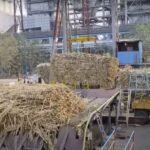
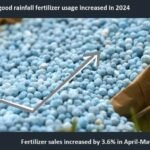
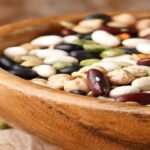
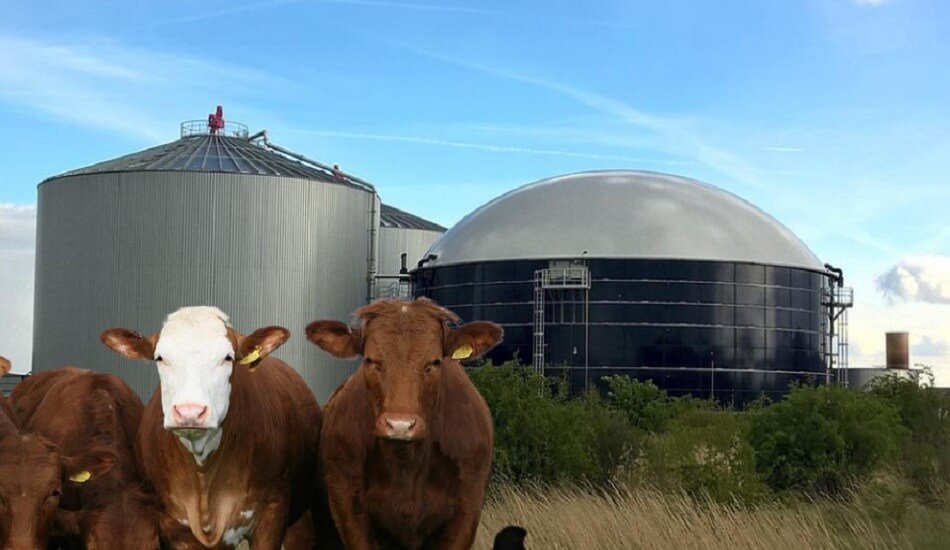



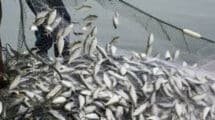
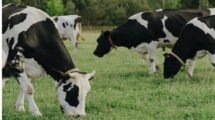





Add Comment